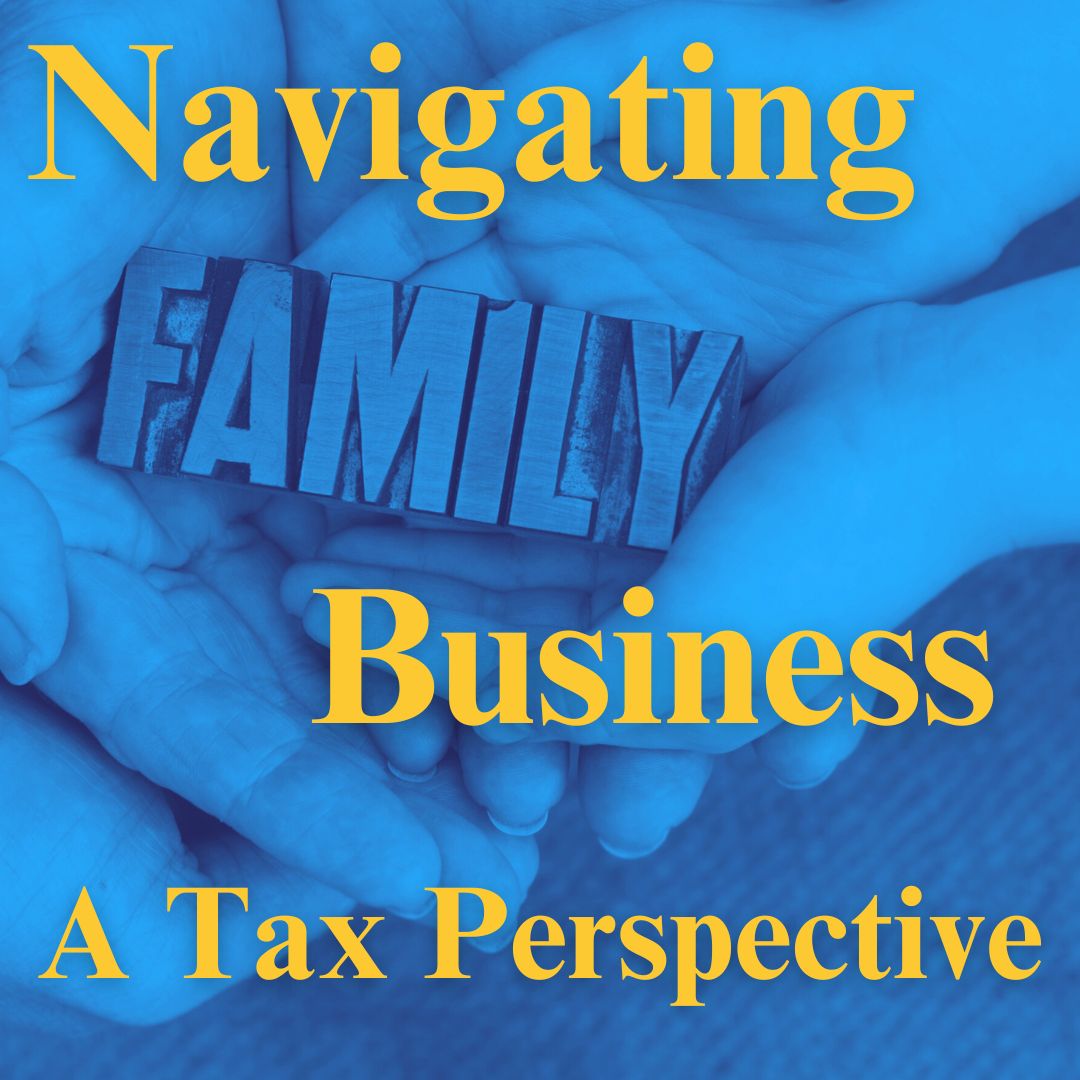
Running a family business can offer numerous advantages, including the flexibility to hire family members. However, the tax implications of employing family can differ significantly from hiring non-family employees. Here’s a detailed look at how employing children, parents, or a spouse affects your business’s tax obligations.
Children Employed by Parents
- Sole Proprietorship or Partnership by Parents:
- Income Tax: Regardless of age, any payments to a child for services are subject to income tax withholding.
- Social Security and Medicare Taxes: If the child is under 18, these payments are exempt from social security and Medicare taxes. For children aged 18 and over, these taxes apply.
- FUTA Tax: Exempt for children under 21. Once they turn 21, FUTA taxes must be withheld.
- Corporations, Other Partnerships, or Estates:
- All payments for services are subject to income tax withholding, social security, Medicare, and FUTA taxes, regardless of the child’s age.
Parents Employed by Their Child
- Child’s Sole Proprietorship:
- Income Tax, Social Security, and Medicare: These are applicable.
- FUTA Tax: Not applicable.
- Corporations, Partnerships, or Estates:
- All standard employment taxes apply, including FUTA.
- Non-Business Services:
- If parents provide services not directly tied to the child’s business operation, social security and Medicare taxes might not apply unless specific domestic service conditions are met. FUTA tax remains inapplicable.
Spousal Employment
- Spouse’s Sole Proprietorship, Partnership, or Corporations:
- Income Tax, Social Security, and Medicare: These are applicable.
- FUTA Tax: Not applicable.
Key Considerations
- Understanding Business Structure: The legal structure of your business (sole proprietorship, partnership, corporation) dictates many aspects of family employment tax rules.
- Age and Type of Service: The age of the family member and the nature of their work influence tax obligations, particularly concerning social security, Medicare, and FUTA taxes.
- Documentation: Keeping meticulous records of payments, hours worked, and services rendered is crucial for tax compliance and potential audits.
Conclusion: Employing family can be a rewarding aspect of running a business, but it comes with specific tax obligations that differ from typical employment scenarios. By understanding these nuances, business owners can navigate the complexities of family employment while ensuring compliance with tax laws. Always consider consulting with a tax professional to tailor your approach to your specific business context and personal circumstances. This ensures not only compliance but also potentially beneficial tax strategies for both the business and family employees.
Mitzi E. Sullivan, CPA is a cloud based professional services provider
specializing in cloud accounting.